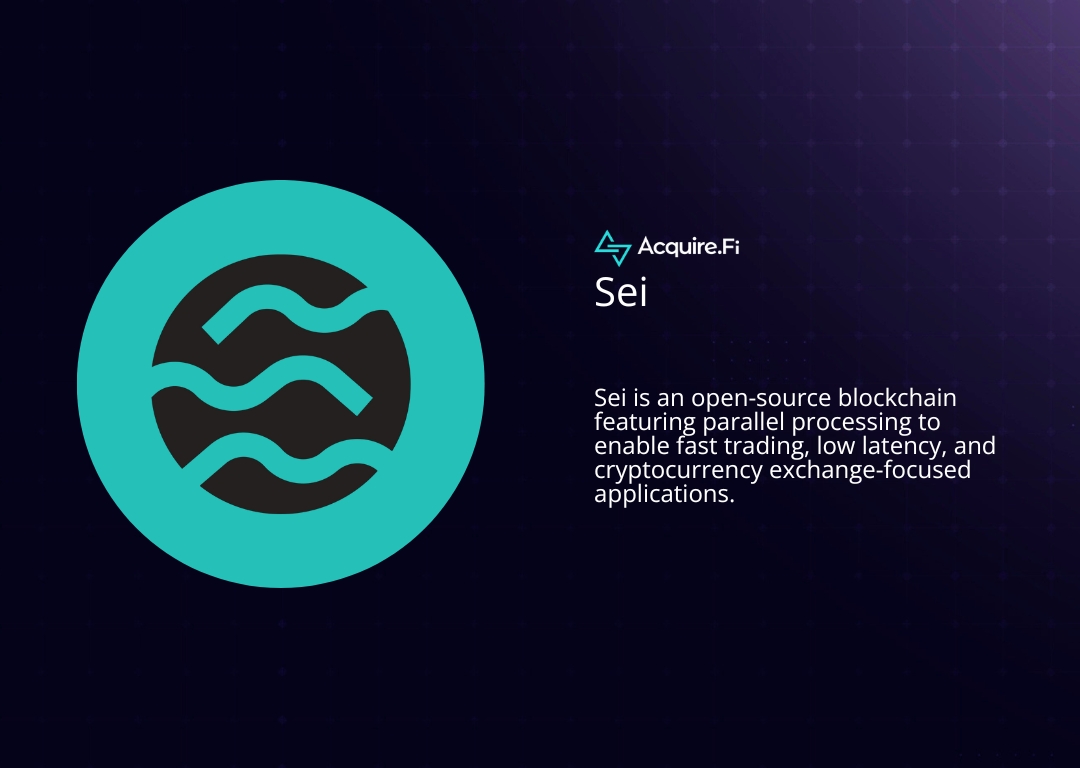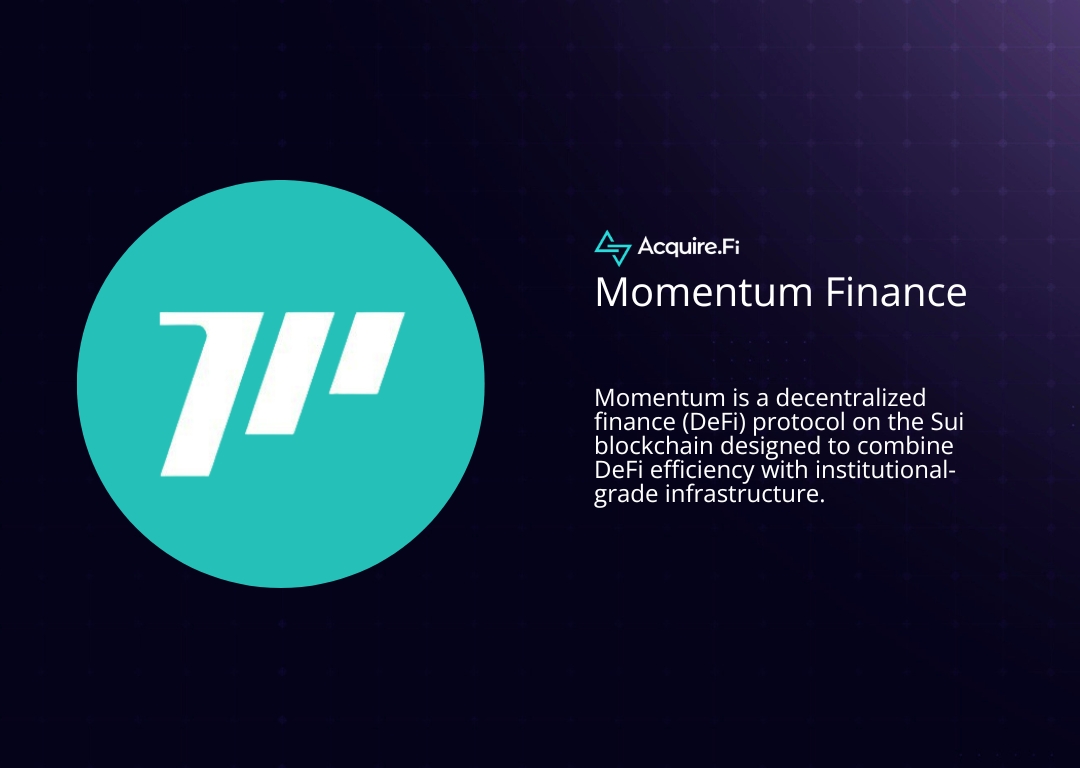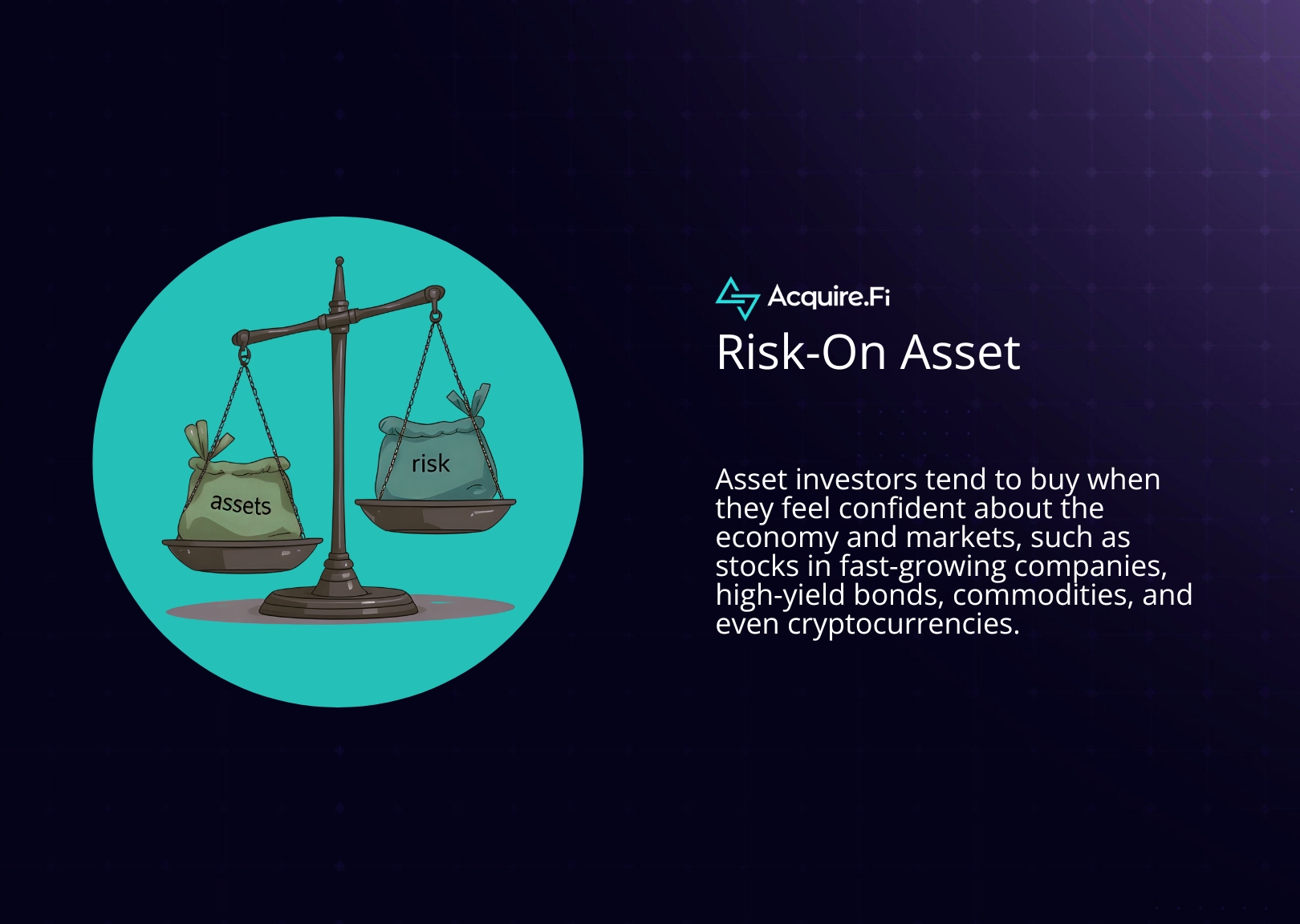Equity Crowdfunding vs Venture Capital
In the ever-evolving landscape of startup funding, two prominent avenues stand out: equity crowdfunding and venture capital. Both have unique advantages and challenges, catering to different types of businesses and investors. Raising capital is a critical concern for startups, and understanding the nuances of these funding methods is essential. This article delves into what venture capital and equity crowdfunding entail, their respective pros and cons, and ultimately, which might be better suited for your business needs.
What is Equity Crowdfunding?
Equity crowdfunding is a method where businesses raise capital from a large number of investors through online platforms. Unlike traditional crowdfunding, where contributors receive rewards or products, equity crowdfunding allows investors to receive a stake in the company. This democratized approach to fundraising has gained popularity due to its accessibility and potential for widespread community engagement.
Equity Crowdfunding Pros and Cons
Here are the strengths and weaknesses that all equity crowdfunding investors should know about their investment:
Pros of Equity Crowdfunding
Accessibility: Equity crowdfunding platforms are open to a broad range of investors, including non-accredited individuals. This inclusivity means that virtually anyone, regardless of their financial status, can invest in startups. This democratization of investment opportunities significantly increases the potential pool of capital available to startups. It allows businesses to tap into a wide network of supporters who may be interested in the product or service offered, thereby broadening the base of potential investors beyond the typical affluent or institutional investors.
Marketing and Validation: Campaigns on crowdfunding platforms can double as marketing efforts, helping to build a customer base and validate the product or service in the market. When a startup launches a crowdfunding campaign, it often involves a comprehensive marketing strategy to attract potential investors. This process not only raises funds but also generates buzz around the product or service. Successful campaigns can validate the business idea by demonstrating demand and interest from a broad audience, providing valuable market feedback and early adopters who can become loyal customers.
Control: Founders typically retain more control over their company compared to traditional venture capital funding, as they are dealing with a larger number of smaller investors. In equity crowdfunding, the dilution of ownership is spread across many investors who generally hold small stakes. This distribution of equity means that founders do not have to cede significant control or decision-making power to any single investor or group of investors. As a result, founders can maintain their vision for the company and steer it in the direction they see fit, without the pressure of accommodating the demands of a few large stakeholders.
Cons of Equity Crowdfunding
Regulatory Hurdles: Companies must comply with various regulations and disclosure requirements, which can be time-consuming and costly. The regulatory landscape for equity crowdfunding is designed to protect investors, especially non-accredited ones, which means businesses need to provide detailed financial statements, business plans, and regular updates. This compliance process can be burdensome for startups, requiring significant administrative effort and legal expertise. Additionally, the costs associated with meeting these regulatory requirements can be substantial, potentially diverting funds and resources away from core business activities.
Investor Relations: Managing a large number of investors can be challenging, requiring effective communication and updates to maintain investor confidence. Unlike traditional funding methods where a company may deal with a few investors, equity crowdfunding can result in hundreds or even thousands of individual stakeholders. Keeping these investors informed and engaged necessitates a robust investor relations strategy. Regular updates, transparent communication, and addressing investor concerns promptly are crucial to maintaining confidence and trust. Failure to do so can lead to dissatisfaction and negative word-of-mouth, which can impact the company’s reputation and future efforts in raising funds.
Dilution: Issuing equity to many investors can lead to significant dilution of ownership, which might affect control and decision-making. When a company decides to raise funds through equity crowdfunding, it issues shares to a large number of investors, thereby diluting the ownership percentage of existing shareholders, including the founders. This dilution means that founders and early investors own a smaller piece of the company, which can reduce their influence over major business decisions. In extreme cases, dilution can lead to a situation where the collective power of small shareholders can challenge the founders’ strategic vision, potentially leading to conflicts and slowed decision-making processes.
What is Venture Capital
Venture capital (VC) involves investment funds managed by firms or individuals that provide financial support to early-stage, high-potential startups in exchange for equity. VCs typically invest larger sums of money and offer valuable expertise, connections, and mentorship to help startups grow and succeed.
Venture Capital Pros and Cons
Pros of Venture Capital
Significant Funding
Venture capitalists can provide substantial amounts of capital, which can be crucial for scaling businesses rapidly. Unlike other forms of fundraising that may offer smaller, incremental amounts, venture capital (VC) often comes in large sums that can dramatically accelerate a company's growth. This significant financial injection allows startups to invest heavily in product development, marketing, and talent acquisition, enabling them to seize market opportunities quickly and outpace competitors. For businesses with high growth potential, this substantial capital can be the difference between gradual progress and rapid, exponential expansion.
Expertise and Mentorship
Venture capital firms offer valuable industry experience, strategic guidance, and access to a broad network of contacts. Beyond the financial investment, venture capitalists bring a wealth of knowledge and expertise to the table. They have often worked with numerous startups and can provide strategic advice on scaling operations, entering new markets, and overcoming common challenges. Additionally, VC firms have extensive networks of industry contacts, including potential customers, partners, suppliers, and future investors. This mentorship and guidance can be invaluable for early-stage companies, helping them navigate complex business landscapes and avoid pitfalls that might derail their progress.
Credibility
Receiving VC funding can enhance a startup's credibility and attract additional investors, partners, and customers. When a reputable venture capital firm makes investments in a startup, it serves as a strong endorsement of the company's potential and business model. This stamp of approval can make it easier for the startup to attract further investment from other investors who view the VC's involvement as a validation of the business. It can also enhance the company's appeal to potential partners and customers, who may be more inclined to engage with a startup backed by experienced and respected investors. This enhanced credibility can open doors to new opportunities and accelerate the company's growth trajectory.
Cons of Venture Capital
Control and Autonomy
Venture capital often comes with strings attached, including a say in business decisions, board seats, and expectations for rapid growth and returns. When a startup accepts funding from venture capitalists, it usually means relinquishing some degree of control. VCs typically require representation on the company's board of directors, giving them a voice in critical business decisions. This can include strategic direction, hiring and firing of key executives, and major financial decisions. While this oversight can provide valuable guidance, it also means that founders may lose some autonomy in running their business. The pressure to meet the high growth and return expectations of VCs can further constrain the founders' ability to make decisions that prioritize long-term vision over short-term gains.
Pressure for Returns
VCs expect high returns on their investments, which can create pressure for quick scaling and profitability, potentially at the expense of long-term sustainability. Venture capitalists invest with the expectation of significant returns within a relatively short timeframe, often five to seven years. This pressure can drive startups to focus intensely on rapid growth and profitability, sometimes pushing them to take risks or make decisions that are not in the best interest of long-term sustainability. For instance, a company might prioritize short-term revenue over building a robust and scalable infrastructure, or it might expand too quickly without ensuring a solid foundation. Such pressures can lead to burnout, strategic missteps, and ultimately, jeopardize the company's long-term success.
Dilution
Similar to equity crowdfunding, accepting VC funds results in dilution of ownership, but with a smaller number of investors holding more significant stakes. When venture capitalists invest in a startup, they receive equity in return, which dilutes the ownership percentage of existing shareholders, including the founders. However, unlike equity crowdfunding, where dilution is spread across many small investors, VC funding results in significant equity stakes held by a few investors. This concentration of ownership means that these investors have substantial influence over the company's direction and decisions. While this can bring focused expertise and support, it also means that the founders' control is diluted to a greater extent, and they may need to navigate complex relationships with powerful stakeholders.
Which Is Better for My Company?
The choice between equity crowdfunding and venture capital depends largely on the nature and goals of the business.
Equity Crowdfunding is ideal for:
- Companies seeking smaller amounts of capital.
- Startups looking to build a community of brand advocates and early adopters.
- Businesses that prefer to maintain greater control and autonomy.
Venture Capital is better suited for:
- Startups with high growth potential that require significant capital to scale rapidly.
- Businesses that can benefit from the strategic guidance and network of experienced investors.
- Companies that are willing to share control and decision-making with experienced venture partners.
Which Is Better as an Investor?
When considering whether to invest through equity crowdfunding or venture capital, it's important to evaluate which method aligns better with your investment goals, risk tolerance, and desired level of involvement.
For everyday investors looking for opportunities to diversify their portfolios with smaller investments, equity crowdfunding offers a unique advantage. It allows you to support a variety of startups with relatively low capital commitments. This method also provides the satisfaction of backing innovative ideas and becoming part of a startup's journey. However, the risk is higher due to the early-stage nature of many crowdfunding investments, and the potential returns may vary widely.
For accredited investors or investment firms seeking significant financial returns and willing to commit larger sums of money, venture capital is often the preferred route. Venture capitalists benefit from substantial influence over the companies they invest in, including board seats and direct involvement in strategic decisions. This hands-on approach can lead to higher returns if the startup succeeds. However, the entry barrier is higher, requiring significant capital and a thorough understanding of the industry and business landscape.












.webp)